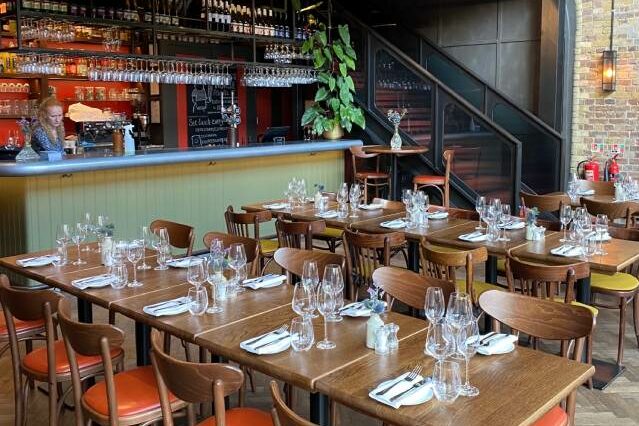In the dynamic landscape of hospitality, dietary requirements are reshaping the industry. With a surge in health consciousness and allergies, coupled with media-driven trends, establishments must adapt. Sienna Shipton delves into the ‘new normal’ in catering, interviewing PA Life’s Recommended Suppliers, Social Pantry, Vinoteca, and Crieff Hydro Family of Hotels, to discuss how they are meeting the increase in dietaries affecting the hospitality industry…
How are you coping with the increasing demand from allergies and dietary requirements?
Lisa Maree, the head of events at Vinoteca, delves deeper into the evolving trends shaping hospitality. As demands increase, event organizers face heightened pressure to stay abreast of legislative changes. Despite the challenges, Vinoteca’s chefs excel in flexibility, seamlessly adapting to these constant changing requirements.
Kirsty Douglas, at Crieff Hydro echoes this sentiment, highlighting their executive chefs’ expertise and eagerness to accommodate all of their customers. Their unwavering commitment ensures every guest enjoys an amazing experience.
Reducing the risk of cross contamination?
Cross contamination is eliminated by our recommended suppliers very thoroughly. Firstly, Sarah Turner, the head of development at Social Pantry discusses the rigorous training on the 14 allergens. All staff are aware of this and they have spreadsheets at hand to make sure there are not any incidents. Moreover, Sophie further discusses how the industry is extremely pivotal, so their chefs are easily adaptable based on these dietary requests. Due to trends, the industry has to pivot and “pick it up” which can be a difficulty for the industry.
Kirsty from Crieff Hydro discusses the specific and strict kitchen procedures to ensure hygiene and prevent contamination of allergens like nuts, fish and eggs. These measures in hybridity with staff vigilance mitigate incidents and uphold exceptional standards.
How does Social Pantry support wellness and sustainability in a health conscious society?
Social Pantry go above and beyond for their clients, embracing a healthy life style not just through their healthy meals and 50% of vegan options. But they also host wellness events. Sarah Turner, discusses with PA Life how they invite clients and team up with other business partners to host panel talks, desk yoga to highlight the importance in providing healthy nutritional food in the office. Meanwhile, this also being a form of team building, by queuing up together and eating a healthy lunch, sparking conversations to bring the team together for a positive balance of work life.
How do companies deal with food wastage?
Social pantry are very wary of this, and do not over produce. Often, on site, over produce goes to staff. Alternatively, they have an orca machine, which breaks down food with microbes and this is turned into water. Their food waste is always transported back onto site, avoiding any wastage.
Hospitality industry requirements are changing
Sarah Turner from Social Pantry observes a significant industry surge over the past five years, which has intensified in the last two. Beyond the standard 14 allergens, diverse dietary needs like FODMAP and gut health diets have proliferated, needing menu innovation. Heightened awareness of food’s impact on well-being extends to pre-menopausal symptoms and hormonal changes. Vinoteca enhances their service by introducing specialized catering for allergy-prone patrons, prioritizing quality and satisfaction. Crieff Hydro concurs on the industry’s health-conscious shift, viewing it as an opportunity for chefs and a step towards sustainability and societal well-being
Find out more about our Recommended Suppliers.












